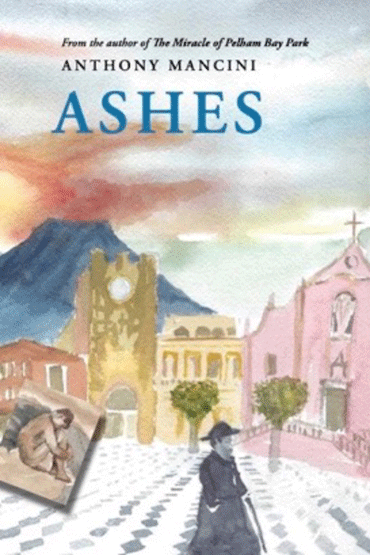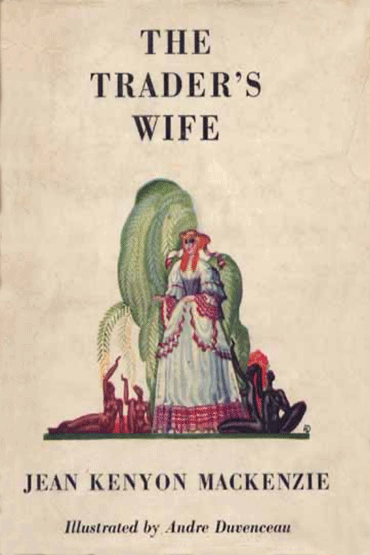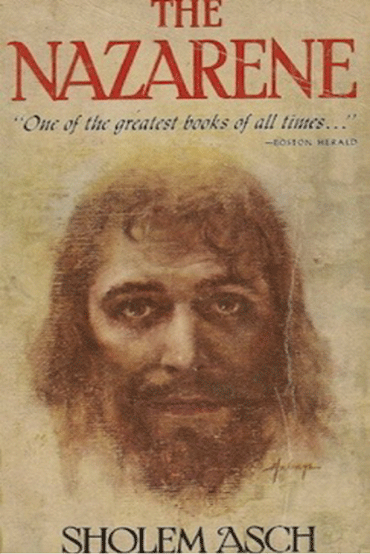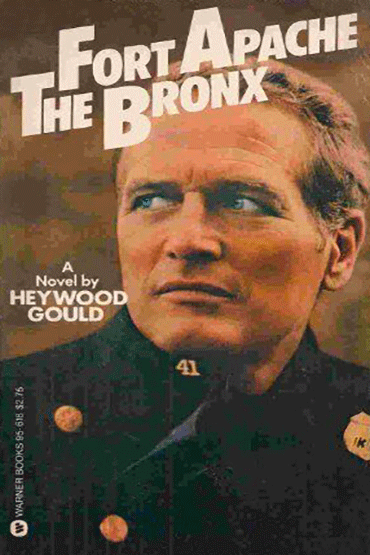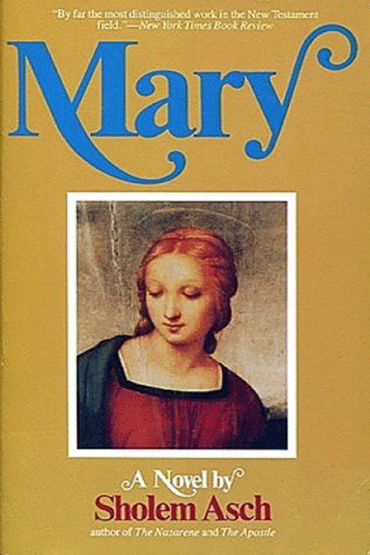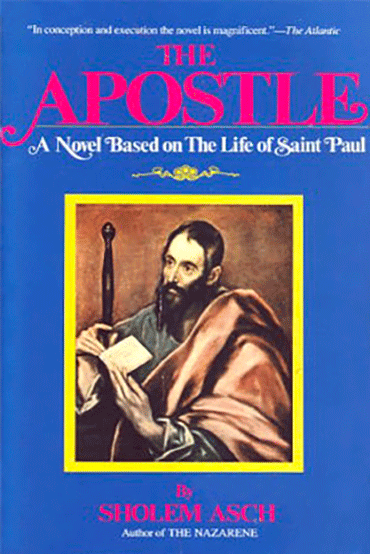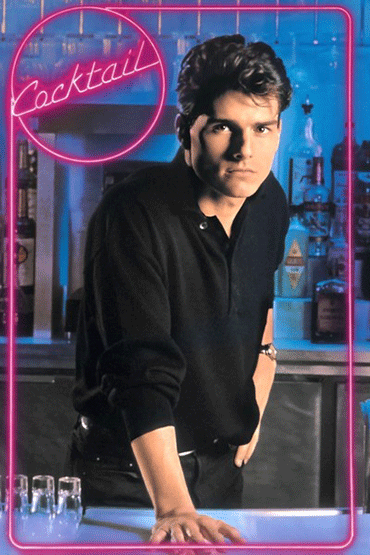Description
Description
Ashes is a study of the conflict between sensuality and faith.
Father Anton Weiss has been a priest for forty years. A loyal servant of the church, he is tormented by a sensual interest in young men, a persistent memory of his infatuation with a boyhood friend.
He begins his retirement in Taormina, an ancient Sicilian city, formerly a seventh century naval town, then a favored resort for Greek and Roman conquerors and foreign monarchs, now a haven for European and American artistes, writers and wealthy gay men. He is surprised to see that the city is open and tolerant of all forms of behavior. His host, a young priest, has a relationship with the female caretaker. The church forbids mysticism, but she is famous for pagan powers that predate Christianity: her ability to predict the future. The locals, workers, shopkeepers, elderly women who attend mass every morning, think nothing of the blasphemic violations of their priestly household. The young boys in the streets offering themselves to the wealthy gay tourists, are sinning to finance their marriages so they can create families and live respectable lives. The gay couples are in shameless and, at times, tragic pursuit.
It is here that Father Weiss meets a boy and is challenged by temptations. Here that he ponders the questions of his faith.
We follow Father Weiss in his quest. Suffer his pains and doubts. Hope he will find peace.
But Anthony Mancini has put him in a world in which there are no easy answers.
Excerpt
Anton Weiss made the sign of the cross with one hand and battened down his ancient black felt fedora with the other as he and his fellow passengers were jostled by the corkscrew turns the cranky old Fiat made on the Via Pirandello. The religious gesture had been inspired by the sight of the fire-god Etna belching tongues of flame and gusts of steam into the garishly blue Sicilian sky. Well, the old priest mused, he hardly had expected such a pyrotechnic reception to the town of Taormina, looming above as a wonderland nestled upon a spur at the foot of Mount Taurus. But he appreciated the spectacle. Here he was, a native of the North, where the winter sun was a gray ghost, now drenched in the colorful palette of Sicily. Though the worldly clergyman had lived long in Italy this was his first visit to Sicily. And the kaleidoscopic glories of Italia never failed to astonish him.
The green-colored automobile continued up the steep road named for the absurdist Sicilian writer. It would lead, he hoped, to a bit of rest and pleasure in his waning years. How long would he stay? he wondered, sitting under the canvas canopy in the back seat of the car as it bumped along the cobbles. He was unsure, leaving the decision in the lap of the gods, a phrase that struck a discordant note in the mind of a monotheist. He could not help but wonder what panpipe had summoned him here.
But here he was.
The old priest was accompanied by the driver and four other passengers bound for hotels and pensione at the lofty destination. His companions included a young American couple, apparently on honeymoon, who clutched each other’s hands in the front seat next to the driver and stole adoring glances at one another. What must it be like, the celibate mused, to feel this electric current of eroticism sparking back and forth between two persons who had already achieved physical union? He chose a life that barred him from this experience, but he was free to mull the question. Though it was nearly December the lovebirds took account of the region’s famously salubrious climate to don summer clothing of straw and linen and were rewarded by a mild day. The driver, a sensible native, wore a cotton duster and a wool peaked cap.
He shared the back seat with two English gentlemen, apparently on holiday together, who bore signs of a faded youth entrenched in such battlements of age that no arsenal of oils, creams and coverups could defend. Yet this couple seemed to soldier on, clinging to their youthful style of dress — rakish Panamas. florid ascots and saddle shoes — to the illusion of an eternal boyhood. In contrast, Father Weiss wore the Roman collar under a gray gabardine jacket, the picture of a colorless cleric, a common blackbird beside a pair of peacocks. Not that priests shunned gaudy costumes, heaven knew, but they usually confined them to the altar, not the street. Father Weiss was far from a homely man, with his full crop of white hair, piercing blue eyes and regal posture. His teeth had rotted over the years but this deficiency was amended by gleaming dentures, provided at Vatican expense. No, the priest had been handsome in his day, for all the good it did him. The man sitting closer to him, who seemed a touch younger than his companion, now and then flashed Father Weiss a small smile, causing the priest to blush. The smiles seemed to him less friendly than forward, more wicked than beneficent, as if the smiler had divined a secret known only to the two of them. Father Weiss glanced at his wristwatch, an idle act designed to change the mental subject.
The driver honked the horn and swerved to avoid hitting a suddenly looming herd of goats, their whiskered faces reminding the priest of a tapestry of leering satyrs. The tinkling of their bells faded as the animals turned the corner. The driver muttered a medley of oaths under his breath as the sound of the bells continued to fade. Italian curses, the priest noted, had musical quality in his ears, tripping off the tongue like a Brunelli scherzo. The driver turned from the road to seek the priest’s eyes, seeking absolution for the vulgarities. The driver had drowsy brown eyes and tufts of gray hair peeking out from the sides of his cap.
The Fiat spat and sputtered over the hairpin turns on the jasmine-perfumed road. Certainly the colors of the clothing worn by the two dandified passengers were no match for the wildflowers adorning the roadside, dazzling the eye even in late autumn. The bright yellow carpets of cape sorrel, the great swaths of borage, blue as a Nordic night, the purple anemones and yellow marigolds combined to form a splendid spectacle for visitors jostling up the hairpin turns. The sight of the flowers did much to boost the Jesuit’s mood. And orange groves flanked the road, adding fragrance to the experience as they drew closer to town.
Taormina! — the magnet for European and American dilettantes, debauchees, artistes and writers for over two centuries. What appeal did it exert on a retired clergyman born in the Gothic city of Lübeck, trained and ordained in the Society of Jesus? He had worked in several outposts of the universal church before landing a job at Vatican Radio in Rome, where he spent the war years. Taormina: What brought him in his retirement to this fleshpot? He wanted, among other things, to write his memoirs and this fertile cocoon of writers seemed a good place to try. Father Weiss had read more than the breviary and liturgical documents in his sixty-nine years of life. He gorged on books like a carpenter ant on a stand of wood. And in so doing he paid no attention to the Index Librorum Prohibitorum which, as most priests knew, was designed primarily to keep schoolchildren from pleasuring themselves and inquisitors gainfully employed. So he had learned that.
Nietzsche had written Thus Spake Zarathustra here, Goethe had penned part of his Italian Journey and Laxness had completed his first novel, The Great Weaver from Kashmir. The ghosts of literary luminaries — Wilde, Lawrence, de Maupassant and a host of others — haunted the town’s vertiginous stone streets. Lawrence, it was said, modeled Lady Chatterley after an English expatriate living here. And it is an open secret known to acolytes of the back-fence chatter of certain epicene salons that many writers and artists have ventured here seeking not the inspiration of the nine Muses but rather the example of Zeus and Ganymede. The sojourner’s face reddened again as he recalled reading somewhere that one artful cynic had dubbed Taormina a “synonym for Sodom.”
The car shuddered to a stop at the Porta Messina, northern entrance to the old town. Here the passengers had to disembark — autos could go no farther on the main street — and await the porters to haul their impedimenta to their destinations. In the blink of an eye a swarm of locals descended on the newcomers to offer their services. But the priest hauled his suitcase to the table of a nearby sidewalk cafe to await the arrival of the sacristan of the Church of Sant’Antonio to escort him to his lodgings. Meanwhile he ordered in his fluent Italian a doppio and crostini and a copy of the Giornale di Sicilia to read while he waited. He again checked his wristwatch, this time with a purpose; he had arrived about fifteen minutes earlier than planned.
The sun splashed gold dust on the cobbles of the plaza. He lit a cigarette and coughed after one puff. The priest had bronchitis; his doctor had advised him more than once to quit tobacco but he lacked the willpower. Bah, his vocation had denied him enough earthly pleasures; his vows didn’t include quitting smoking. The waiter brought his toast and coffee and the newspaper. He read the journal’s date: Venerdi, 25 Novembre, 1949.
He filled his lungs with cigarette smoke and sipped the double espresso. Ah, the Italians knew how to brew coffee. The Turks made mud and the Americans made colored water. Sicilians especially had the gift, adding notes of Arabia and Greece to the cup. He spread marmalade, made from the ubiquitous local oranges, on the toast and took a bite. He hadn’t realized how hungry he was. He had taken nothing to eat since embarking on the ferry from Reggio. No tentacled monsters inhabited the straits that day, no mythic battles raged. The waters were calm on the short voyage to sulfurous Sicily. The lapping waves, stirred by the rudder and cleaved by the prow, the honk of the foghorn and carping of gulls were the only sounds heard as the sea monsters slept under their rocks. And the scenery on the train ride from Messina to Naxos so captivated him that he paid no mind to the shouts of food vendors who moved from car to car, the train whistles drowning their cries. The bluff hills festooned with prickly pear, the lemon groves and eucalyptus trees all vied for his attention and erased thoughts of hunger. And soon the locomotive puffed and sweated into the station in Naxos, a rocky seaside gem cradled in a half-moon bay where seafaring Greeks founded their first colony in Sicily more than seven hundred years before the birth of Christ.
Reveries of classic beauty no longer eclipsed his hunger. So now he gobbled down the toast and ordered another.
The cafe stood on a high point with a sweeping view of the red-tiled roofs in the valley below and the blue, diamond-studded sea. He let his gaze linger on the view for a while. Nature’s gifts lay everywhere. The Campari umbrella shaded his fair skin from the strong sunlight. He fished reading glasses from his breast pocket and scanned the headlines, not nearly as shrill in the years since the war ended. The drumbeats of war and persecution had been supplanted by the cooing of doves and the hammering of nails as the world rebuilt. He skimmed over a story about Chancellor Adenauer of West Germany vowing to erase the vestiges of Nazism, demilitarize the nation and work for European peace and prosperity. He arched an eyebrow. He could be forgiven for his skepticism. While he had been sheltered from most of the Third Reich’s barbarisms by living the war years in neutral Vatican City and by his identity as a German, he might not have fared so well outside the cradling arms of Mother Church. In much of Europe, the swastika had supplanted the cross. Would he have had the courage to suffer the same martyrdom as the clergy in his hometown of Lübeck where in 1943 three Catholic chaplains, one Lutheran pastor and eighteen Catholic laypersons were guillotined by Hitler’s henchmen for opposing the unholy regime? He did not linger on the question. It was best not to add conjectural shortcomings to existing ones. The guillotine, both symbol and reality of terror. Best not to linger.
He took another drag on the cigarette and coughed again.
The priest turned the page. There was a general strike in France. The war was over but of course strife was still part of life. Not interested. His eyes moved to the right: Foreign Minister Sforza was quoted in Rome expressing optimism about the upcoming meeting in Paris to discuss forming a European Union of regional powers. Highly unlikely, the reader thought. If Calabrians couldn’t avoid blood feuds with Sicilians and Walloons squabbled with Flemings, how could the French, Italians and Benelux nations ever see eye to eye? His tutors at the Provost of the Sacred Heart had schooled him in the fine art of skepticism and much of his life had bolstered his conviction that humanity had a squalid side. A Jesuit is not a Franciscan, after all. And he was by nature an intellectual ruminant.
The late morning was growing warm and so he removed his Roman collar and stuffed it into his pocket. He checked his wristwatch. Where was that sacristan? Tobacco smoke invaded his lungs. He finished the toast and coffee. Where was that sacristan?
A local man approached. He was about thirty, dressed peasant style: soft peaked cap, dirty, banded white shirt, corduroy coat, flared trousers. Countrified clothes, out of style. He had curly black hair and the irises of his gray eyes gleamed like sea-washed pebbles in the sun. His lascivious lips parted to reveal a string of pearls for teeth, teeth that gripped an old clay pipe. He smiled knowingly at Anton Weiss. The pebble-eyes shone with amusement.
“I have post card,” the man said in accented English, his foghorn voice conveying something more than the simplicity of the words. “Lovely picture. Von Gloeden photo. You hear of him, eh? You hear of him for sure. Only twenty-five cent each.”
Before the priest could answer, the amused vendor splayed samples on the cafe table: a collection of photos of nude and semi-nude young Sicilian boys, attired in tiaras of oleander leaves and togas, surrounded by Doric columns and amphorae. Lithe boys, with bronze naked bodies and suggestive expressions. The images flashed in Father Weiss’s mind and he momentarily was transfixed.
Then he recoiled.
“Take them away,” he demanded, his voice laced with horror. “What makes you think…?”
The dark, amused, lascivious peasant shrugged his shoulders, smirked and sauntered off to find another customer.
Father Weiss took a moment to regain his composure. His breathing was labored. After a second or two, he remembered something: he had removed the clerical collar. He quickly fastened it on, like a shield. He took out a handkerchief and mopped his brow. He was lost in thought when he he felt a tap on his shoulder.
“Padre Weiss?” came a raspy voice.
It was the sacristan of Sant’Antonio. The old priest stubbed out the cigarette and paid the check, leaving a five-lira tip.
About The Author
Anthony Mancini, former director of the journalism program of the English Department of Brooklyn College for twenty-five years, is the author of seven novels, many of which have been reprinted in international editions in Japan, Finland, Romania, Spain, France, Germany and Holland.
Mancini spent his early career as an award-winning reporter and editor for 20 years at the New York Post, covering a wide range of subjects, from crime to politics to the arts.
He contributed articles to many national and local newspapers and magazines, including the New York Times, Washington Post, New York Magazine, Cosmopolitan, Travel & Leisure, Self, Penthouse, Gentlemen’s Quarterly, New York Daily News.
A native New Yorker, Mancini was born an identical twin to Italian immigrants. His father was a carpenter, mother a housewife. He worked his way through high school and college as a delivery boy, golf caddy, bus boy, dishwasher, short-order cook and in many other odd jobs.

